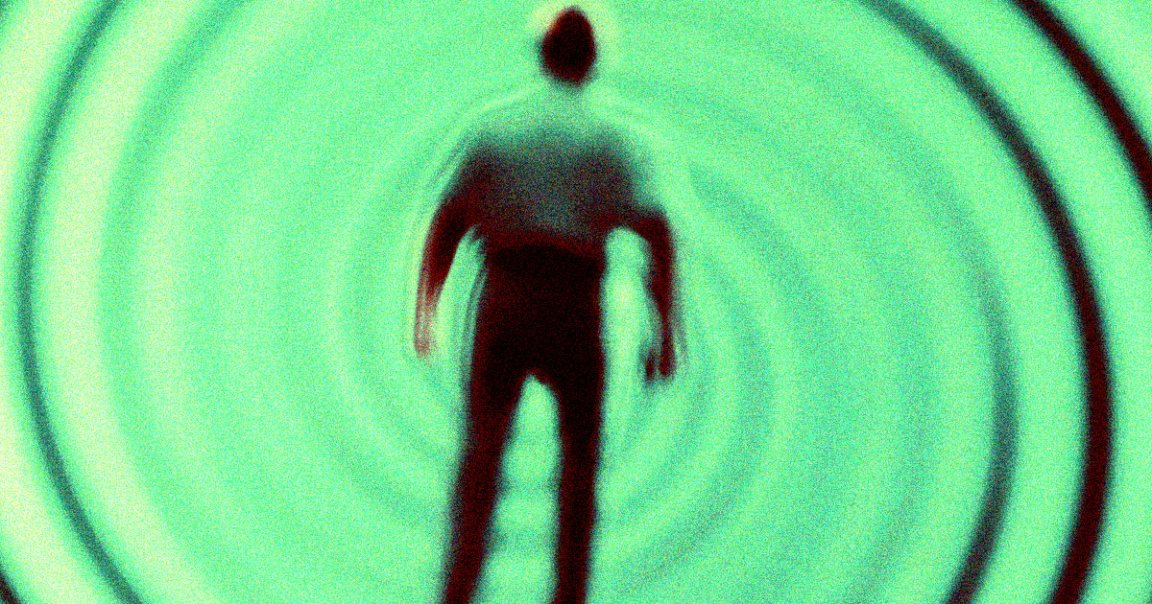
OpenAI’s tech may be driving countless of its users into a dangerous state of “ChatGPT-induced psychosis.”
As Rolling Stone reports, users on Reddit are sharing how AI has led their loved ones to embrace a range of alarming delusions, often mixing spiritual mania and supernatural fantasies.
Friends and family are watching in alarm as users insist they’ve been chosen to fulfill sacred missions on behalf of sentient AI or nonexistent cosmic powerse — chatbot behavior that’s just mirroring and worsening existing mental health issues, but at incredible scale and without the scrutiny of regulators or experts.
A 41-year-old mother and nonprofit worker told Rolling Stone that her marriage ended abruptly after her husband started engaging in unbalanced, conspiratorial conversations with ChatGPT that spiraled into an all-consuming obsession.
After meeting up in person at a courthouse earlier this year as part of divorce proceedings, she says he shared a “conspiracy theory about soap on our foods” and a paranoid belief that he was being watched.
“He became emotional about the messages and would cry to me as he read them out loud,” the woman told Rolling Stone. “The messages were insane and just saying a bunch of spiritual jargon,” in which the AI called the husband a “spiral starchild” and “river walker.”
“The whole thing feels like ‘Black Mirror,'” she added.
Other users told the publication that their partner had been “talking about lightness and dark and how there’s a war,” and that “ChatGPT has given him blueprints to a teleporter and some other sci-fi type things you only see in movies.”
“Warning signs are all over Facebook,” another man told Rolling Stone of his wife. “She is changing her whole life to be a spiritual adviser and do weird readings and sessions with people — I’m a little fuzzy on what it all actually is — all powered by ChatGPT Jesus.”
OpenAI had no response to Rolling Stone‘s questions. But the news comes after the company had to rescind a recent update to ChatGPT after users noticed it had made the chatbot extremely “sycophantic,” and “overly flattering or agreeable,” which could make it even more susceptible to mirroring users’ delusional beliefs.
These AI-induced delusions are likely the result of “people with existing tendencies” suddenly being able to “have an always-on, human-level conversational partner with whom to co-experience their delusions,” as Center for AI Safety fellow Nate Sharadin told Rolling Stone.
On a certain level, that’s the core premise of a large language model: you enter text, and it returns a statistically plausible reply — even if that response is driving the user deeper into delusion or psychosis.
“I am schizophrenic although long term medicated and stable, one thing I dislike about [ChatGPT] is that if I were going into psychosis it would still continue to affirm me,” one redditor wrote, because “it has no ability to ‘think’’ and realise something is wrong, so it would continue affirm all my psychotic thoughts.”
Have you or someone you care about struggled with mental health while talking to an AI chatbot? Drop us a line at tips@futurism.com — we can keep you anonymous.
The AI chatbots could also be acting like talk therapy — except without the grounding of an actual human counselor, they’re instead guiding users deeper into unhealthy, nonsensical narratives.
“Explanations are powerful, even if they’re wrong,” University of Florida psychologist and researcher Erin Westgate told Rolling Stone.
Perhaps the strangest interview in Rolling Stone‘s story was with a man with a troubled mental health history, who started using ChatGPT for coding tasks, but found that it started to pull the conversation into increasingly unhinged mystical topics.
“Is this real?” he pondered. “Or am I delusional?”
More on ChatGPT: Worldcon Is Getting Eviscerated for Using AI to Select Panelists